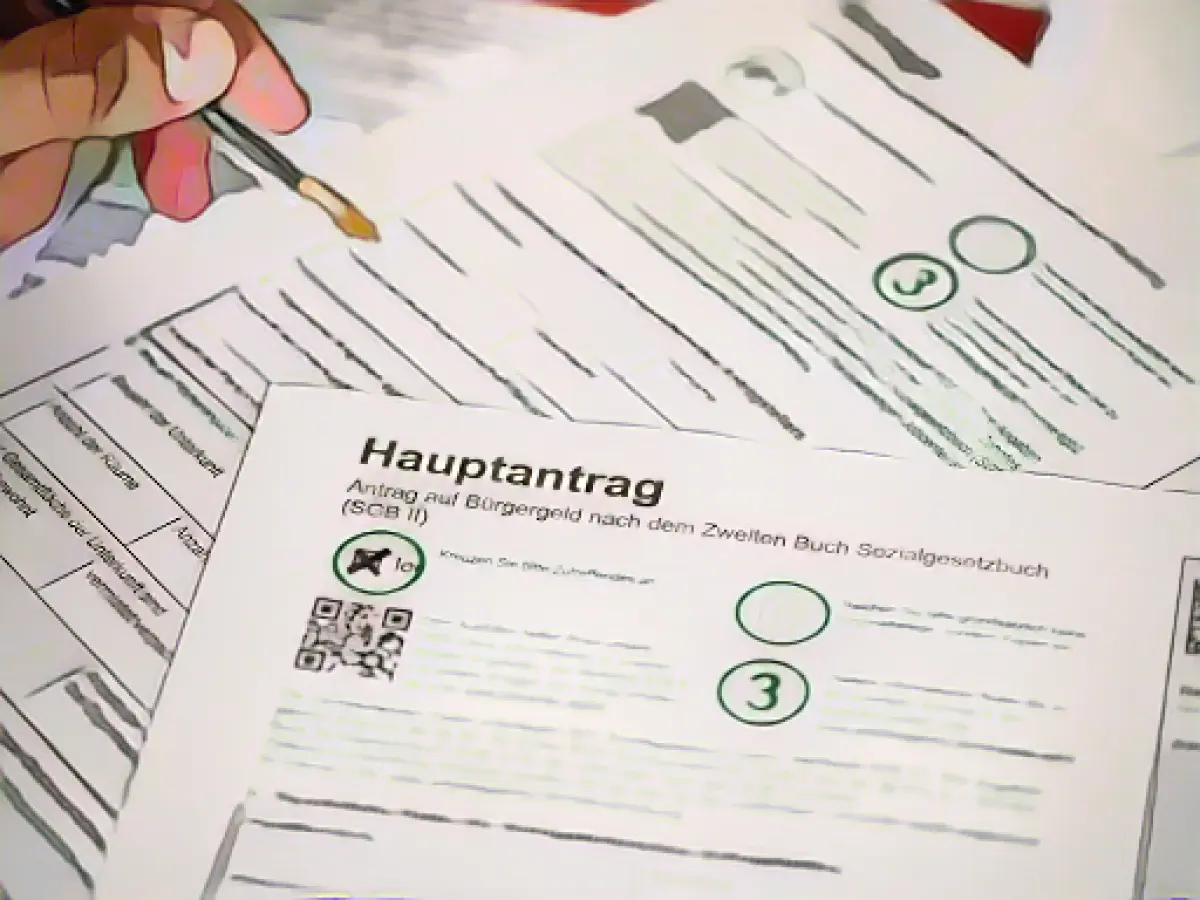Working Opportunities for Ukrainians in Germany: A Hesitant Progress
The Cautious Employment Growth of Ukrainian Refugees in Germany
According to the Federal Employment Agency, the employment rate amongst Ukrainian refugees between the ages of 18 and 64 in Germany is showing a meager increase, advancing only by a meager two percent compared to the figure of a year ago. This translates to an alarmingly small 19% of this population currently in employment, a statistic that paints a picture of sluggish development if we compare it to European standards.
The Job Market Landscape: Where do Ukrainian Refugees Find Opportunities?
As of now, approximately 101,000 Ukrainian refugees have secured jobs subject to social security contributions, while a further 34,000 hold mini-jobs. These refugees primarily work in the service sector, including temporary work, gardening, facility management, manufacturing, construction, and the hospitality industry. It's important to note that 467,000 employable adults are receiving citizen's allowance, a benefit granted to Ukrainian war refugees without the need to apply for asylum. These individuals are eligible for job placements arranged by job centers.
The Silent Drag of Incentives: Debate on Reforming Citizen's Allowance
CDU/CSU and FDP members have criticized the current citizen's income, arguing that it might be giving the wrong incentives. They propose reducing the allowance for Ukrainian refugees to asylum seeker benefits, which would max out at about 410 euros per month, starting from January 2023. The rationale behind this change is simple: low-income jobs would not be financially incentivizing for refugees, due to the current high value of the citizen's income and the covered housing and heating costs associated with it. Their argument, however, has one significant loophole. Most Ukrainian refugees have not yet been granted the citizen's income, and the suggested change would only pertain to those still in the application process.
The Slippery Slope: Expediting or Deterring Integration
Experts from the Institute for Labor Market Research have pointed out that implementing this change would not significantly expedite labor market integration. Instead, it might delay the process further, as fewer Ukrainian refugees would be inclined to relocate to Germany in the pursuit of opportunities. The potential impact of this change on labor market integration is one of the most interesting aspects to consider when evaluating the supposed incentive structure of this situation.
The Challenge of Foreign Qualification Recognition and Language Barriers
Another factor that hampers Ukrainian refugees' entry into the labor market is the high barriers associated with foreign qualification recognition and language skills. The recognition process is often lengthy and bureaucratic, requiring advanced German language proficiency and a passage of strict tests. It can be frustrating for Ukrainian refugees who might have left their homeland with high expectations for professional growth but now find themselves unable to put their years of education and training to use.
The Education System's Role in Bridging the Gap
To enhance the chances of Ukrainian refugees in overcoming these challenges, the Job Turbo initiative has been launched. The program aims to cater employment opportunities to job-seekers at German language proficiency levels B1 or A2, instead of the previously required B2. As of October 2022, about 129,000 Ukrainian refugees are participating in integration courses. The goal is to have 95,000 of them complete the program in the following six months. The remainder are expected to finish by September 2024, at which time the progress and potential impact of the Job Turbo initiative can be accurately assessed.
In conclusion, the challenging employment outlook for Ukrainian refugees in Germany calls for comprehensive and critical assessment of the unique obstacles they face. Suggested policies and practices outlined above, such as accelerating the qualification recognition process, offering gender-sensitive support, and enhancing language training, hold the potential to positively impact the integration of Ukrainian refugees, allowing them fuller access to the German job market.







